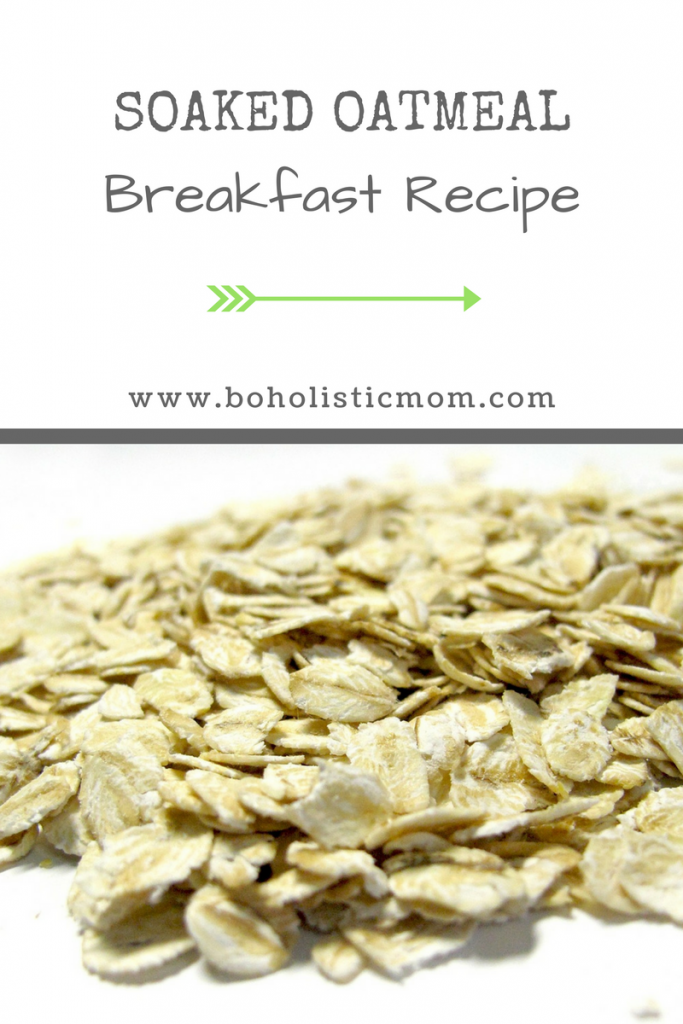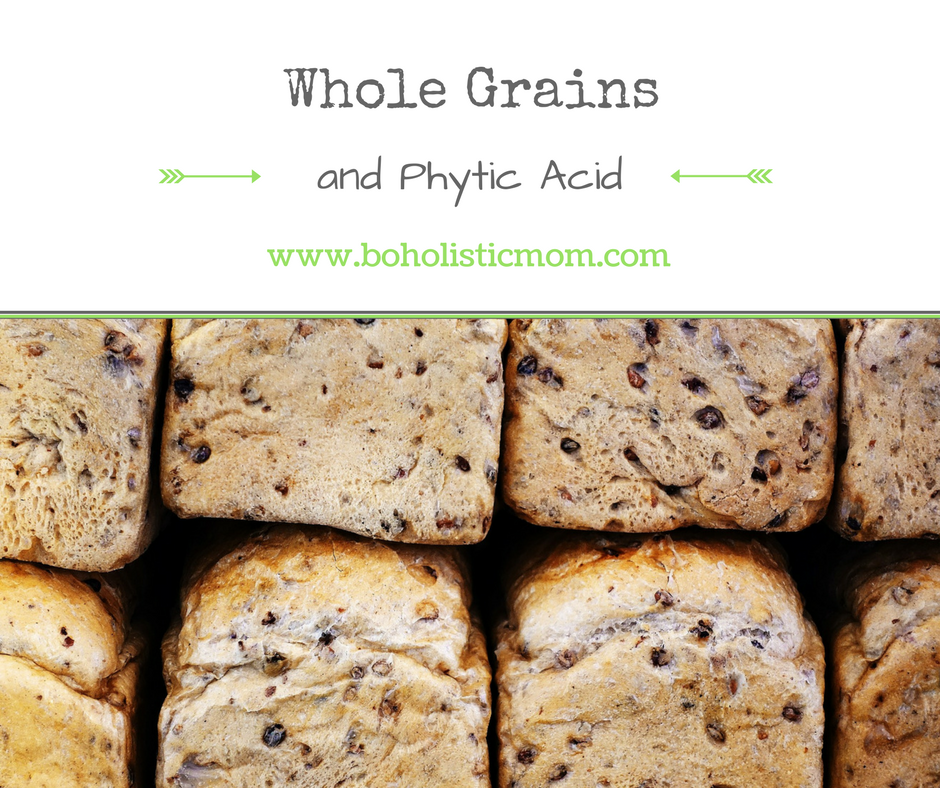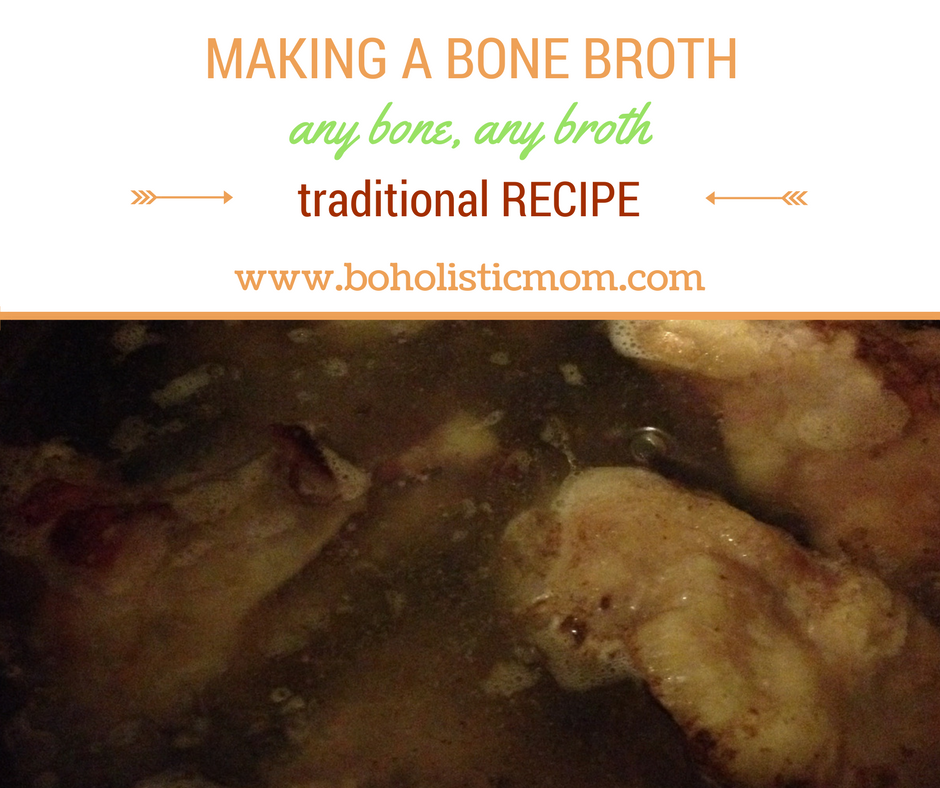Whole Grains: Good or Bad?
In reaction to the over-processed, nutrient-deprived grain products that fill our supermarket shelves, many families have returned to using whole grains. Whole grains are what our ancestors used before we reinvented food to what you see today. So shouldn’t this return to the past be great?
Yes, but we are missing a pivotal step.
Whole grains are what our ancestors used, but we have lost the skills that allow us to naturally process the grains so that our bodies properly utilize the nutrients in the grain. Even our ancestors “processed” the grain before eating it. They didn’t use heat, machines, and extruders; instead they used God’s natural fermentation process to help release the nutrients from the grains.
Grains naturally contain phytic acid, a nutrient blocker. This phytic acid keeps the grains safe while going through the intestinal track of animals so that the seeds can travel to new places to be reintroduced to the ground. However, this is bad news for humans. We want to gain nutrients from the grain and this phytic acid blocks the absorption of magnesium, calcium, zinc, and other essential nutrients.
Therefore, we need to soak and ferment our grains (including seeds and beans) to decrease the phytic acid before we consume them. For oatmeal, this can involve taking 2 cups of oats, 4 cups of warm water and 2-4 tablespoons of whey, yogurt, or buttermilk and soaking them for 7 to 24 hours. Other grains can be soaked in other methods to get rid of the phytic acid.
Do you have any questions about soaking, fermenting, or phytic acid?




 What is Bone Broth?
What is Bone Broth?










